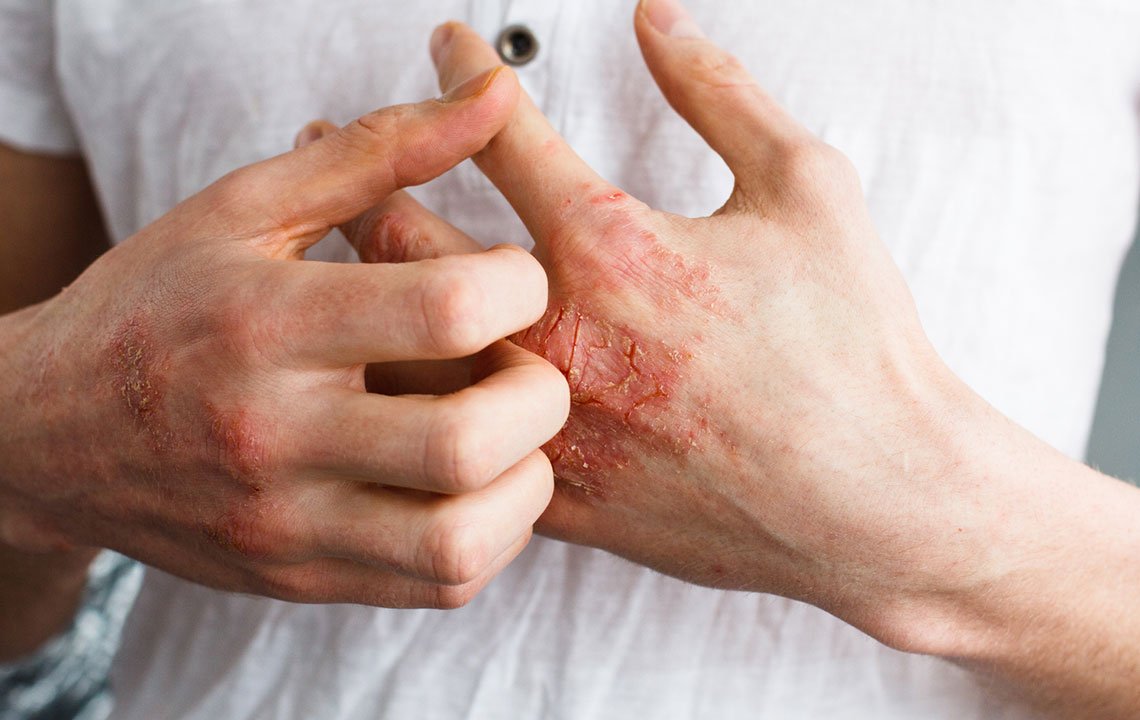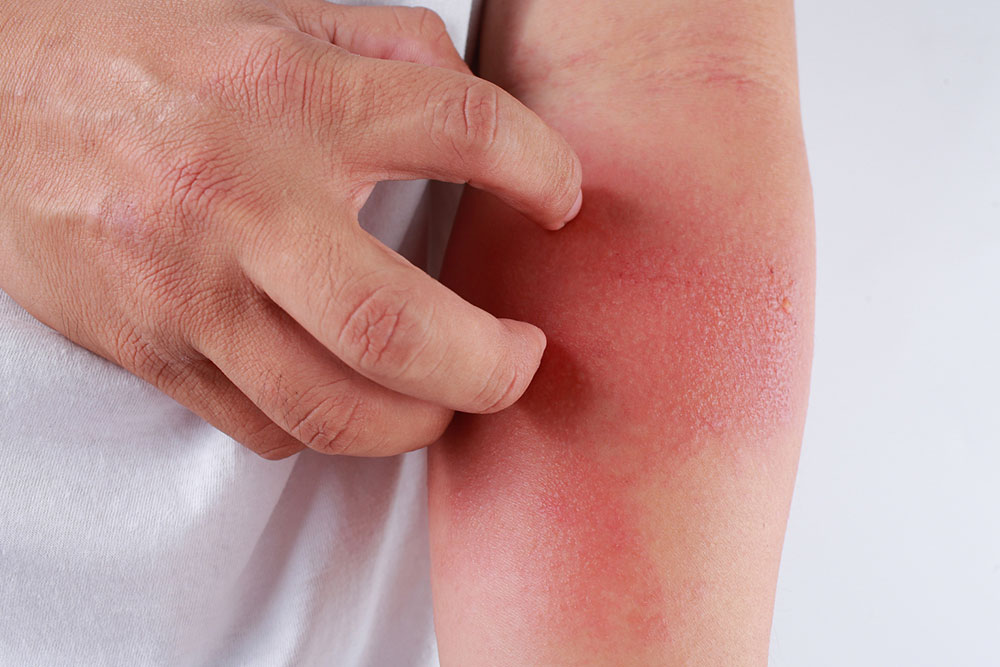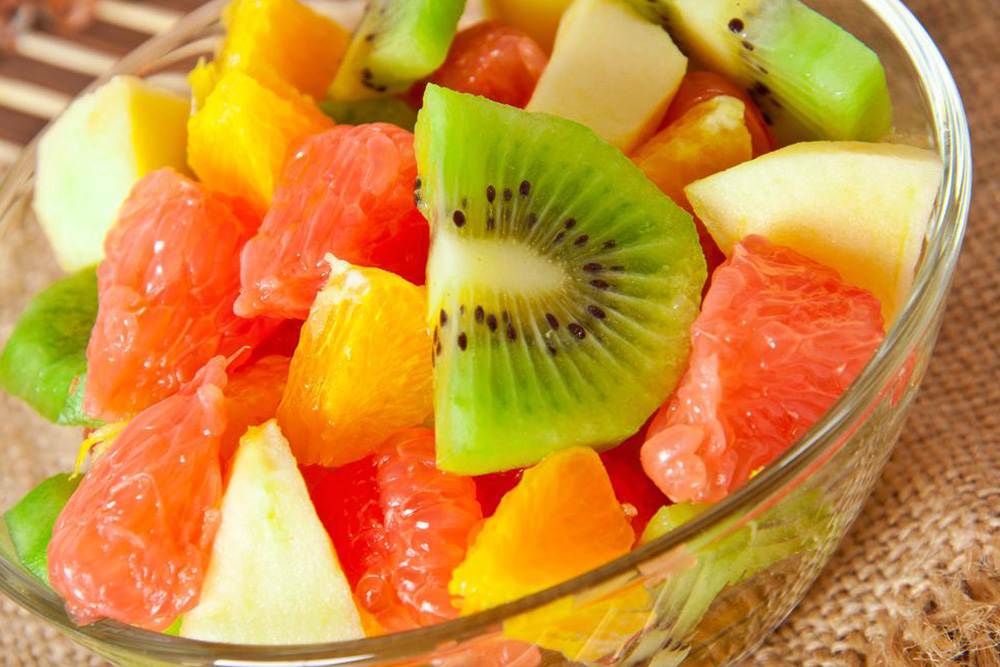Effective Dietary Strategies for Managing Eczema Symptoms
Explore effective dietary strategies to help manage eczema symptoms. This guide highlights nutrient-rich foods, anti-inflammatory diets, and trigger avoidance to alleviate itching, dryness, and inflammation. Consult healthcare professionals for personalized advice to improve skin health naturally and safely.

Effective Dietary Strategies for Managing Eczema Symptoms
Eczema is a chronic inflammatory skin disorder characterized by irritation, oozing blisters, and itchy rashes. In advanced stages, it can lead to thickened, leathery skin patches. This condition predominantly affects children but can impact individuals of all ages. Both environmental factors and genetics contribute to its development. Food allergies often play a role, with triggers including dairy, eggs, soy, gluten, nuts, fish, and shellfish. Incorporating eczema-friendly foods and appropriate medications can help alleviate symptoms and improve skin health.
Let's explore dietary interventions that may help soothe eczema symptoms:
Omega-3 Rich Fish
Consuming fatty fish like salmon, mackerel, herring, sardines, lake trout, and albacore tuna provides omega-3 fatty acids that combat inflammation. These nutrients may reduce eczema flare-ups. Supplements are an option but should be taken under medical guidance.
Foods Containing Quercetin
Quercetin, a natural flavonoid and antioxidant found in apples, blueberries, cherries, broccoli, spinach, and kale, helps decrease allergic reactions and inflammation by lowering histamine levels.
Probiotic-Rich Foods
Probiotics bolster immune defenses, potentially reducing eczema outbreaks. Include fermented foods like sourdough bread, miso, kimchi, soft cheeses, unpasteurized sauerkraut, kefir, and tempeh in your diet.
Anti-Inflammatory Eating Plan
Focus on reducing bodily inflammation by avoiding processed foods, sugar, and inflammatory ingredients. Instead, consume plenty of fruits, vegetables, whole grains, and healthy oils like olive oil.
Mediterranean Diet Approach
This diet emphasizes quercetin-rich foods while steering clear of excessive sugars and red meats, which may worsen eczema symptoms.
Dyshidrotic and Elimination Diets
Dyshidrotic eczema manifests as blisters on hands and feet, with nickel and cobalt aggravating symptoms. Eating foods low in these metals, such as bell peppers, oranges, kale, cauliflower, and mango, can help. For those unsure of triggers, an elimination diet removing suspected allergens for several days can identify problematic foods. Gluten elimination can aid individuals with celiac disease, which often coincides with eczema.
Monitoring diet and avoiding potential triggers like dairy, eggs, soy, nuts, preservatives, artificial additives, trans fats, and high-sugar processed foods is crucial. These may exacerbate eczema symptoms even if not directly linked. While no specific diet cures eczema, targeted nutritional strategies can significantly reduce symptoms like itchiness, dryness, and inflammation.
Consult healthcare professionals before making significant dietary changes or starting supplements. Personalized approaches are most effective for managing eczema effectively.









